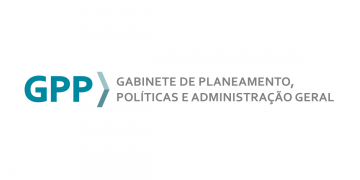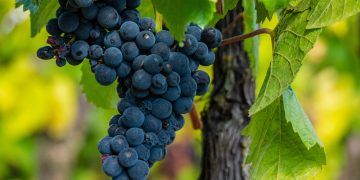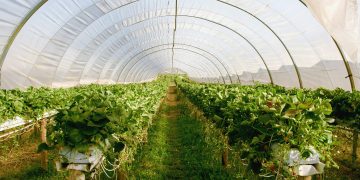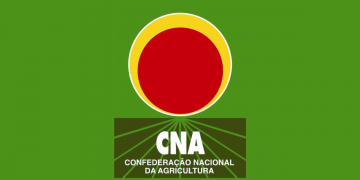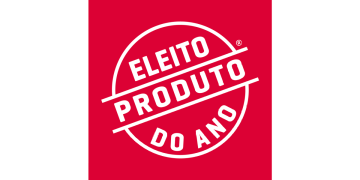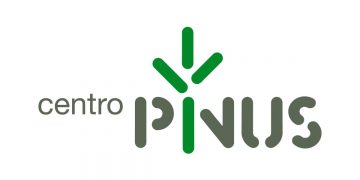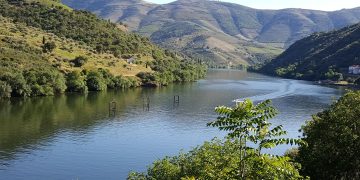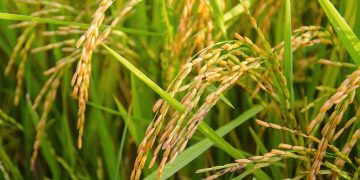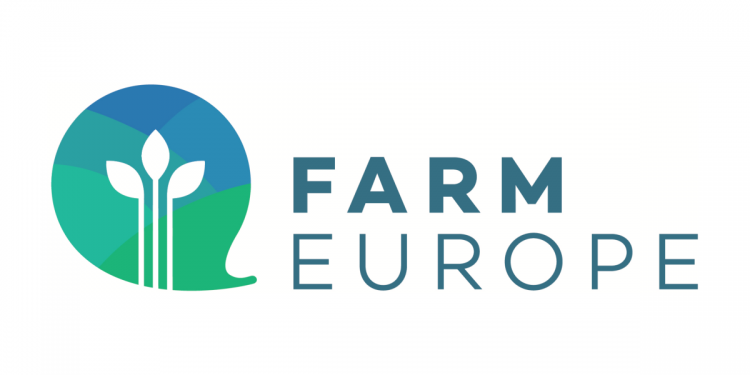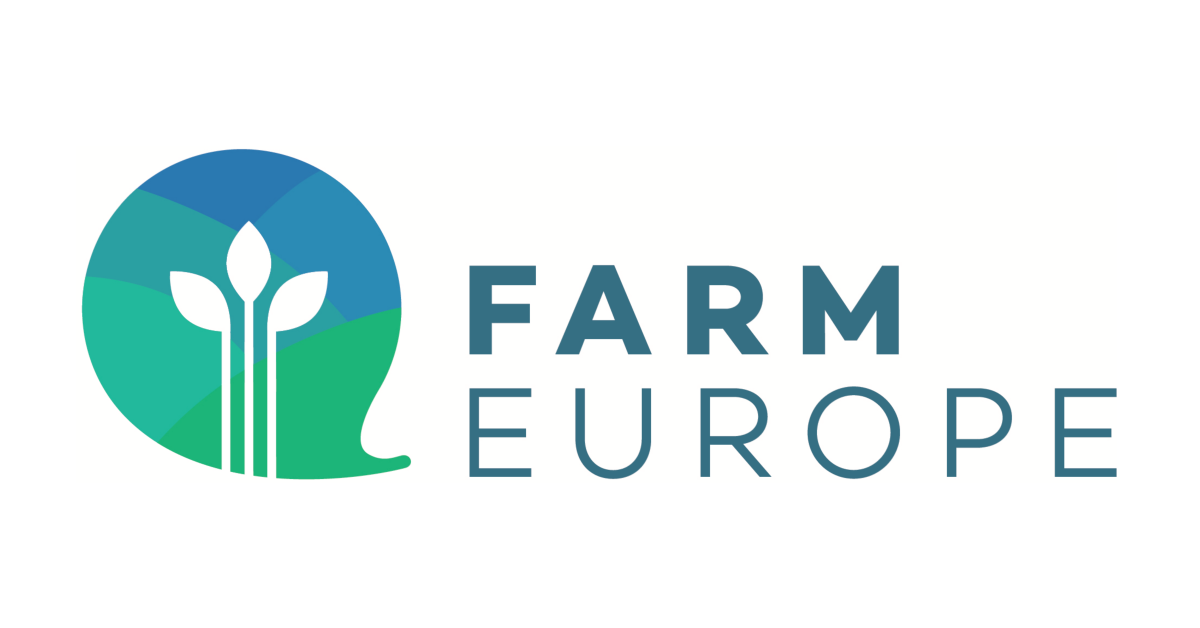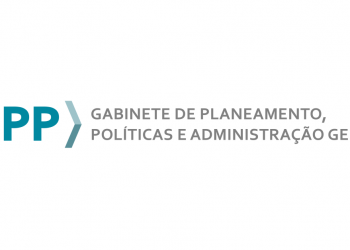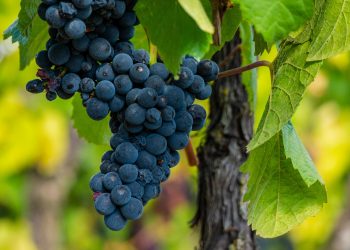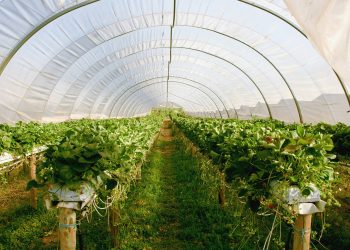The Strategic Dialogue group launched by the European Commission has delivered its recommendations after more than six months of work.
Farm Europe welcomed the launch of this initiative, providing an opportunity to address pressing issues and shape a vision for the future of a sector critical to the European Union.
However, the current recommendations of the strategic dialogue group align with previous Commission efforts, highlighting:
- A largely understated economic section, aside from acknowledging food chain imbalances and suggesting a review of the crisis reserve without detailing its size or risk management integration. It calls for public-private financing and banking involvement, with a focus on training, research, and innovation, but overlooks the need for farm investments. Economic aid should target small farms, young farmers, and areas with natural constraints.
- A call for significantly enhancing the CAP’s environmental dimension and associated funding distribution.
- Carbon issues and a potential ETS for agriculture are deferred for future discussion, while European competitiveness remains largely unaddressed.
- A call for reducing meat consumption in the EU via fiscal tools and financial incentives, with plans for extensification, emission reductions in livestock, and sector downsizing.
- Observing inconsistencies between European environmental and trade policies, with a hopeful call for future improvements.
- A suggestion to institutionalize this strategic dialogue group as an advisory board to assess policy coherence, though greater clarity is needed on its role versus the responsibilities of co-legislators and the European Commission’s regulatory authority.
In conclusion, after six months of work, questions remain about how the EU plans to:
- Leverage its agriculture to facilitate a successful economic transition (which requires over 20% more biomass),
- Ensure food sovereignty,
- Guide agriculture toward a balance of economic profitability, sustainability, and social performance for EU territories benefit.
Beyond a reaffirmed commitment to new genomic techniques, do the Strategic Dialogue’s recommendations mark the beginning of a new European chapter for a revitalized triple-performance agriculture? Do they address the urgent concerns raised by farmers across the EU?
The emphasis on resource targeting conveniently skirts the issue of resource allocation size.
The group’s conclusions align with the outgoing Commission’s Farm to Fork approach, leaning toward greater flexibility that approaches renationalizing the CAP.
The critical question remains unanswered: how to construct a policy that prepares for the future rather than preserving the past, without pitting sectors against one another. A successful approach requires sector-specific strategies, moving away from prescriptive constraints that lead to degrowth toward incentives that promote investment and deep modernization across European sectors.
O artigo foi publicado originalmente em Farm Europe.

